Iran deal shows diplomacy can work if given a chance
Updated: 2015-07-15 07:46
(China Daily)
|
||||||||
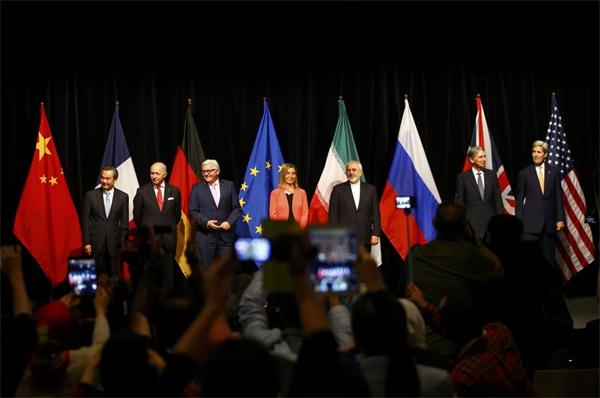 |
|
Chinese Foreign Minister Wang Yi, French Foreign Minister Laurent Fabius, German Foreign Minister Frank Walter Steinmeier, High Representative of the European Union for Foreign Affairs and Security Policy Federica Mogherini, Iranian Foreign Minister Mohammad Javad Zarif, British Foreign Secretary Philip Hammond and U.S. Secretary of State John Kerry (L-R) pose for a family picture after the last plenary session at the United Nations building in Vienna, Austria July 14, 2015. [Photo/Agencies] |
It is heartening to see Iran and P5+1 countries - the United States, Britain, France, Russia and China plus Germany - have finally reached a comprehensive nuclear deal. The parties concerned have been engaged in the latest round of talks over the past 20-plus months and they should be applauded for their strong political will and the spirit of diplomacy, which have resolved the issue peacefully.
People around the world can now heave a sigh of relief as the international efforts to defuse the long-standing impasse over the Iranian nuclear issue have finally paid off. The landmark deal, signed in Vienna on Tuesday, will help stabilize the international nuclear non-proliferation regime and contribute to building peace and stability in the Middle East.
While Teheran has insisted its nuclear program is for peaceful purposes the West has distrusted its words fearing the program could be used to produce nuclear weapons
Since it involves the interests of many regional and global players and has a formidable bearing on geopolitics in the Middle East, it has proved a complicated issue to reach an agreement on.
Since 2002 on-and-off talks between Iran and the world powers had dragged on without any sign of a significant breakthrough until the ice-breaking telephone conversation between US President Barack Obama and Iranian President Hassan Rouhani in September 2013.
Since then, rounds of intensive talks have been held between Iran and the P5+1 group aimed at a final deal in which Iran would allow its sensitive nuclear activities to be put under the scrutiny of international nuclear inspectors in exchange for the lifting of West-imposed sanctions.
The Vienna deal would not have been secured without Iran and the Western countries both making compromises over some sensitive issues. Nor would an agreement have been reached if both sides had refused to accommodate each other's concerns and thought only of their own interests.
Hence, this victory of diplomacy should drive home the message that resorting to force is not the right way to resolve a dispute and the parties involved should give diplomacy every chance to secure a solution.
The world has come thus far along the road leading to a historic breakthrough on the Iranian nuclear issue. Hence, it is essential that the parties concerned do whatever it takes to uphold the hard-won result and tie up any loose ends that may squander what has been achieved.
Before the landmark deal is implemented to the letter, there is no room for complacency.
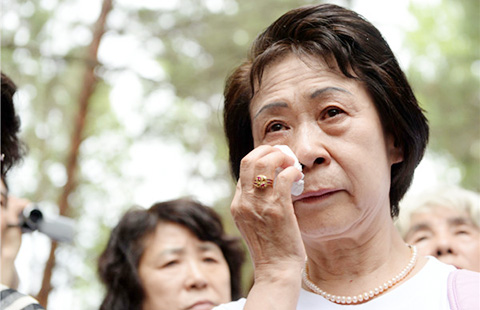
 Japanese war orphans visit graves of adoptive Chinese parents
Japanese war orphans visit graves of adoptive Chinese parents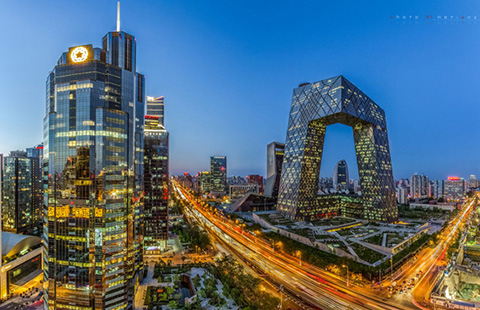
 Top 10 Chinese provinces with most stock market investors
Top 10 Chinese provinces with most stock market investors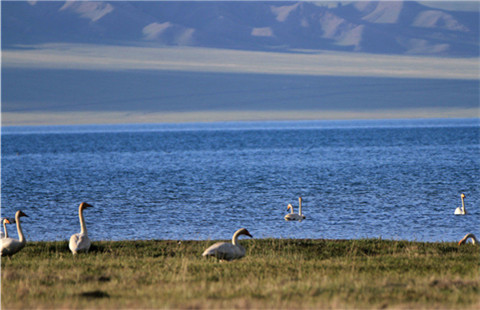
 Lovely 'pearl' on the mountain: Sayram Lake
Lovely 'pearl' on the mountain: Sayram Lake
 Student investment group scores big on stock market
Student investment group scores big on stock market
 Beijing roasts in high temperature
Beijing roasts in high temperature
 The world in photos: July 6-12
The world in photos: July 6-12
 Djokovic downs Federer to win third Wimbledon crown
Djokovic downs Federer to win third Wimbledon crown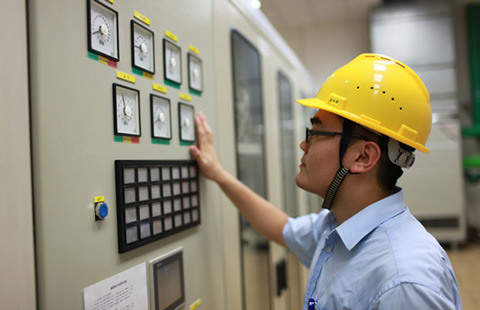
 Top 10 Chinese companies by profit margin in 2015
Top 10 Chinese companies by profit margin in 2015
Most Viewed
Editor's Picks

|

|

|

|

|

|
Today's Top News
Pentagon tones down on China threat
Hillary Clinton calls for higher wages for everyday Americans
Stock bargains seen in market by some
IQiyi buys 800 Paramount films
A day in the life of Muslims during Ramadan in NW China
China's carbon growth rate in decline: report
Mexico: Drug lord 'El Chapo' Guzman escapes, manhunt begins
Lawyers held for 'trying to influence verdicts'
US Weekly

|

|







